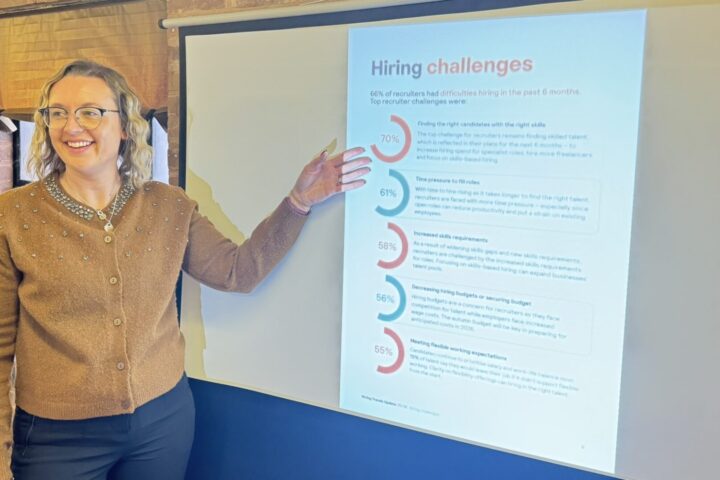Pensions UK said the pensions commission could help end damaging speculation around tax breaks and build a long-term plan for pensions.
In its Budget submission, the group said the Government wants to raise more revenue for public services and stabilise the economy, but warned that making changes just to fix short-term problems could damage trust in pensions.
This, it said, has already led to people rushing to take money out of their pensions early.
Research found a record £18.08bn was withdrawn in tax-free lump sums in 2024/25, a 61% jump from the previous year.
In the six months to March 2025 alone, withdrawals hit £10.4bn, up 72% on the year before.
Pensions UK said this rush could mean less money managed by pension funds, reducing their ability to invest in growth, which would affect savers and the wider economy.
Earlier analysis found that no single change to the current pensions tax system is perfect.
Most reform options would leave many people with lower pension savings and bring more cost and complexity for employers and pension schemes.
Pensions UK stated that if the Government does decide to make changes, it should use the five principles set out in its report and consult widely to avoid problems.
These principles are about making sure the system supports savers, encourages the right decisions, is fair, simple to run, and stable over time.
Zoe Alexander, executive director of policy and advocacy at Pensions UK, said: “Many people are not saving enough for their retirement and tax relief acts as an important incentive to help people save.
“We understand that reforming pensions tax relief could be seen as an immediate source of additional revenue.
“But we would urge the Government to focus instead on creating a long-term plan to ensure the pension system remains appropriately incentivised, targeted and affordable.”
Alexander added: “Further, unchecked speculation around tax relief risks consumer harm. Savers need certainty and stability to maintain overall trust in the pensions system.
“The pensions commission provides an opportunity to reconsider the place of pensions within the social and economic fabric of the UK, and how the load of saving should be shared between savers, employers and Government.”

















